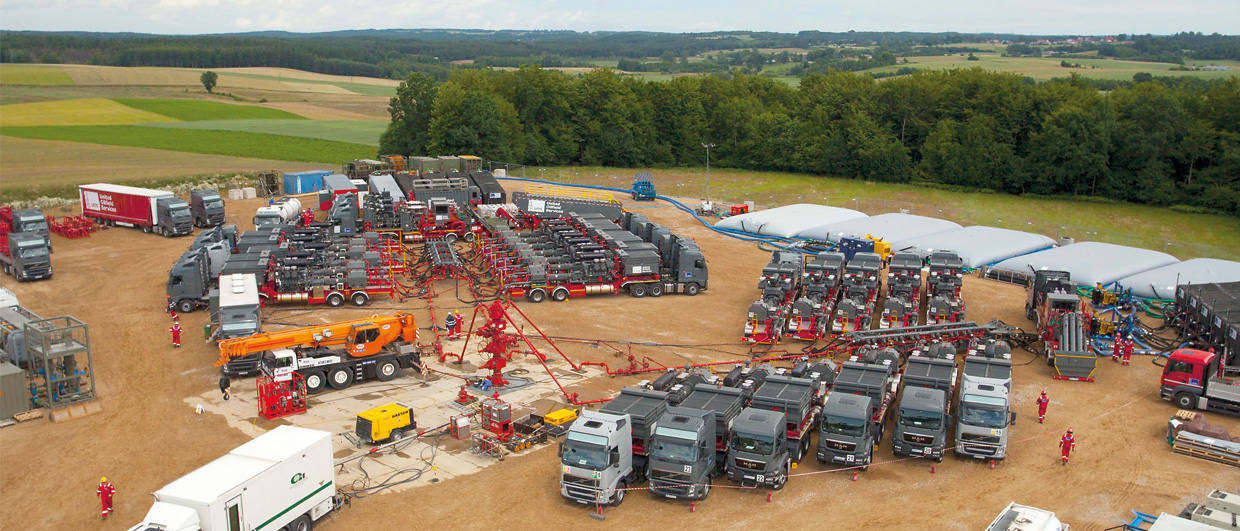In his book, ‘Bad Science’ (Fourth Estate, London), Ben Goldacre expertly attempts to explain ‘why clever people believe stupid things’. When offered up so succinctly the pitfalls to bad decision making are obvious, if not unavoidable. Who amongst us can claim to never rely on “bias”, “intuition” or to let our “prejudices run unchecked and unexamined”, from time to time at least?
When presented with complex problems we all have a tendency to want to simplify them, to reduce the issue to its essence and concentrate on the things that matter. As a geoscientist involved in reservoir modelling, I know that the subsurface is complex and difficult to describe but I still build a model and reduce the problem to a series of simpler issues. If I have the data and the luxury of time I can then attempt to quantify the uncertainties in my model, to reduce the risks to a manageable level. But mostly all I really want is a simple tool with which I can communicate a message to management, to the technically challenged!
The same is true the World over and not least for the well intentioned environmentalists and green campaigners, where global energy issues seem to have been reduced to one simple message – ‘all fossil fuels are bad fuels, period’. This simplistic view enables those who do not have much time to have an easily conveyable message, a mantra and a rallying cry, a slogan to energize the masses. But we do not live in a simple world where issues can be boiled-down to irreducible ‘facts’. Sometimes we need to take a more sophisticated approach, to consider the wider picture and attempt to integrate and reconcile all the data, to stop our prejudices running unchecked and unexamined, to borrow Ben Goldacre’s phrase.
In Warsaw at the Shale Gas World 2013 conference delegates attempted to do just that. Bringing together practitioners from fields as diverse as water management and directional drilling, the intent was to facilitate discussions between the policy makers, the industry key players and the practitioners of the dark arts (the technology firms). One thing is for sure, while the public voice their concerns for the impact of shale gas on the environment the industry is not simply sitting idle, ignoring the issues. Conferences like this one show that the industry is capable of calling on experienced practitioners and well tested technologies and is prepared to go the extra few yards to ensure that risk is reduced to the lowest acceptable levels.
The desire within the industry, and (following recent announcements in the UK press) within some sections of the political classes, to grow a European shale gas market, is clear. Environmental issues aside, some caution is needed, however. At a recent House of Lords Economic Affairs Committee meeting (‘The Economic Impact on UK Energy Policy of Shale Gas and Oil’ – Tue 19th Nov 2013), Professor Dieter Helm said,
“…normally…when the price of fossil fuels rises, that contains the seeds of its own destruction (as in the 1970’s) and actually a lot more resource comes online. You can understand shale gas and shale oil as being a response to relatively high prices in the 2000’s.”
That may be true but what if shale gas and oil are about more than providing us with a cheaper energy source? What if there are other benefits? Professor Helm went on to say,
“I do find it truly extraordinary that people want to ban fracking in a context where they are not prepared to ban coal mining and indeed areas of Europe promote coal mining. Because when one thinks about the relative environmental impacts of the alternatives, coal mining is truly evil in comparison.”
Shale gas has been shown to work in the US. While it is true that not all shales are the same, the same can be said of ‘conventional’ reservoirs and that has never been a problem for the scientists and engineers that work on those fields. Shale gas deposits should be capable of relatively fast development times and can provide a quick fix for governments attempting to meet increasingly strict carbon emissions hurdles, by replacing coal in the energy mix.
There is a message here. It is not a simple one and it requires careful consideration but the new mantra should be clear – ‘fossil fuels are not all equal’. Recognising that is the first step and then let’s rally behind good-science-for-the-right-reasons and not bad-science-for-good-reasons.




